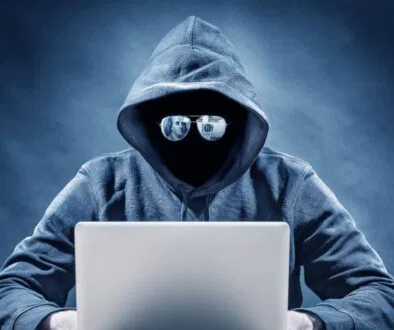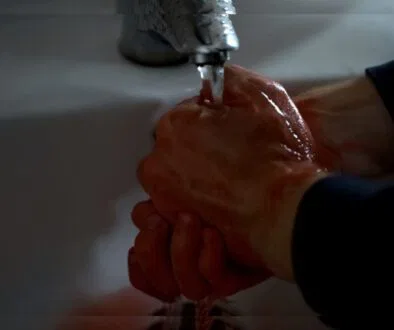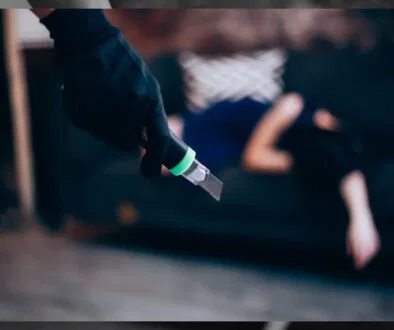How to Convince the Prosecutor to Drop Charges
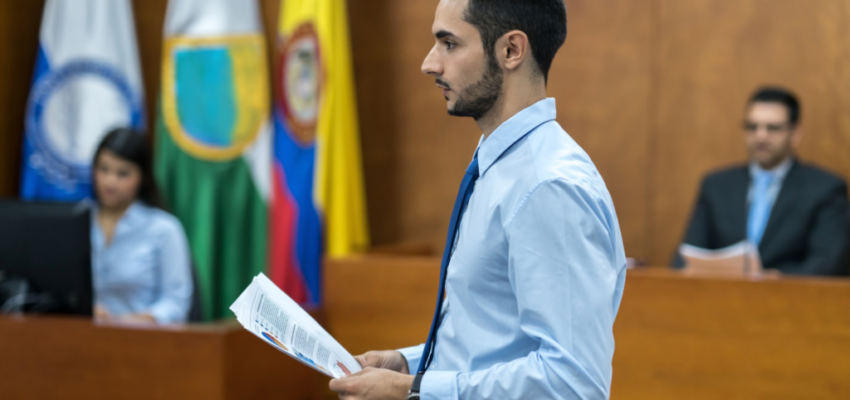
Published December 26, 2022
You may wonder how such a case can be dropped or dismissed if you are facing a criminal charge. First, it is worth pointing out that not every criminal charge results in a trial. Many cases are dropped before trial due to plea bargains or other agreements between the prosecution and the defense.
Your attorney’s first plan of action, once they’ve agreed to represent you, will be to investigate whether or not there are grounds that would allow the prosecution to dismiss the charges and how to convince prosecutor to drop charges. However, only the prosecutor has the power to drop them.
Convincing Prosecutor to Drop Charges
There are several reasons why prosecutors may decide to drop charges. Among these is when the central figure of a criminal case, the victim, refuses to participate. It would be pointless to proceed without additional evidence if the victim had changed their mind.
In addition to their desire to win in court, prosecutors are also bound by the ethical duties of transparency and honesty. Therefore, if the prosecution discovers a weakness in their criminal case, they can either provide additional evidence or drop the charges. Here are some ways how to convince prosecutor to drop charges.
Bargain and Cooperation
Count bargaining is a form of a guilty plea in which defendants facing numerous counts of a criminal act or multiple charges might agree to a count plea bargain. The defendant in this type of deal would plead guilty to one or more charges; in return, the prosecutor would drop the others.
Suppose your attorney can convince prosecutors that you are cooperative and willing to assist in the investigation or prosecution of other crimes. In that case, your attorney may persuade them to drop the charges against you.
Even when cooperation is an option, law enforcement does not intend to drop the charge entirely. Often, they offer the defendant a lighter sentence or a better plea bargain.
Exculpatory Evidence
The primary reason a prosecutor may decide to drop charges is exculpatory evidence. Additionally, it can prevent the prosecution from proving guilt beyond any reasonable doubt.
Exculpatory evidence is any indication that the defendant is innocent of the alleged crime or that the state is not able to establish guilt beyond any reasonable doubt. The following are types of exculpatory evidence:
- A physical proof or alibi witness demonstrates that you were not present at the scene of the crime,
- Confession from other people, and
- Footage of the crime being committed by a person other than the defendant.
When there is strong exculpatory evidence, the prosecutor can drop the charges since it proves that the defendant was not involved in the crime. However, some prosecutors only will drop the charges if the evidence is overwhelming; this is common when law enforcement has no other suspects.
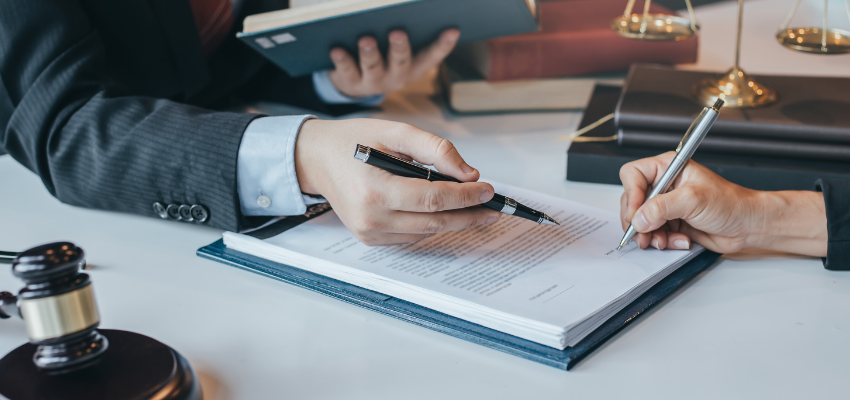
ADVERTISEMENT
Violated Rights
When law enforcement officials violate the Constitution, charges are frequently dropped. When police violate a suspect’s constitutional rights, whatever evidence they get is subject to the exclusionary rule, leaving the prosecution with insufficient evidence to win a conviction. The prosecuting attorney’s only option may be to drop charges.
Among the most frequently violated are the following:
- Freedom from unlawful searches and seizures (4th Amendment),
- Protection from compelled self-incrimination (5th Amendment), and
- Access to legal counsel (6th Amendment)
No Probable Cause
For law enforcement to conduct an arrest, they must have probable cause to believe a suspect committed a crime. The police are not permitted to arrest you simply because they suspect you committed a crime.
If there were no other evidence or eyewitness to support their conclusion that you committed the crime, your attorney could convince the prosecutor to drop the charges.
Pretrial Diversion Program
A common tactic to how to convince prosecutor to drop charges is to join a pretrial diversion program. Alternatives to the typical criminal justice system include pre-trial diversion programs. However, only certain crimes and criminal defendants qualify for these programs.
Only after the program is successfully completed will the charges be dropped. The case is returned to the criminal justice system if the defendant does not successfully complete the program. Since the defendant has already pleaded guilty, the sentence is given right away.
Have an Experienced Attorney
There are many ways how to get prosecutor to drop charges, and they may even do it voluntarily on rare occasions. Instead, they often require negotiation and persuasion prior to appearing before a judge to submit a dismissal on your behalf. Still, you must first consult with an experienced criminal defense attorney to represent you.
Reduce Your Jail Call Costs By Up To 90% Per Minute With GlobalTel
GlobalTel’s inmate calling service lowers jail call per minute rates by up to 90% for jail calls from US facilities. Sign up now and use the special jail call phone number we create for you to eliminate the long distance jail call fees. Try GlobalTel for only $45.99 for 90 days. Make US/domestic and international jail calls at the local rate and stay connected to your incarcerated loved ones for less. Learn more about how to sign up for calls from inmates here.

This Content Is Fact Checked
Our esteemed team of specialists has thoroughly validated the accuracy of this information. Discover further details about the rigorous editorial guidelines for our website here.
ADVERTISEMENT

About The Author
Krizzia Paolyn is an SEO Specialist with a bachelor’s degree in Psychology. It has always been her passion to share her voice, and at the same time, to encourage other people to speak up.

